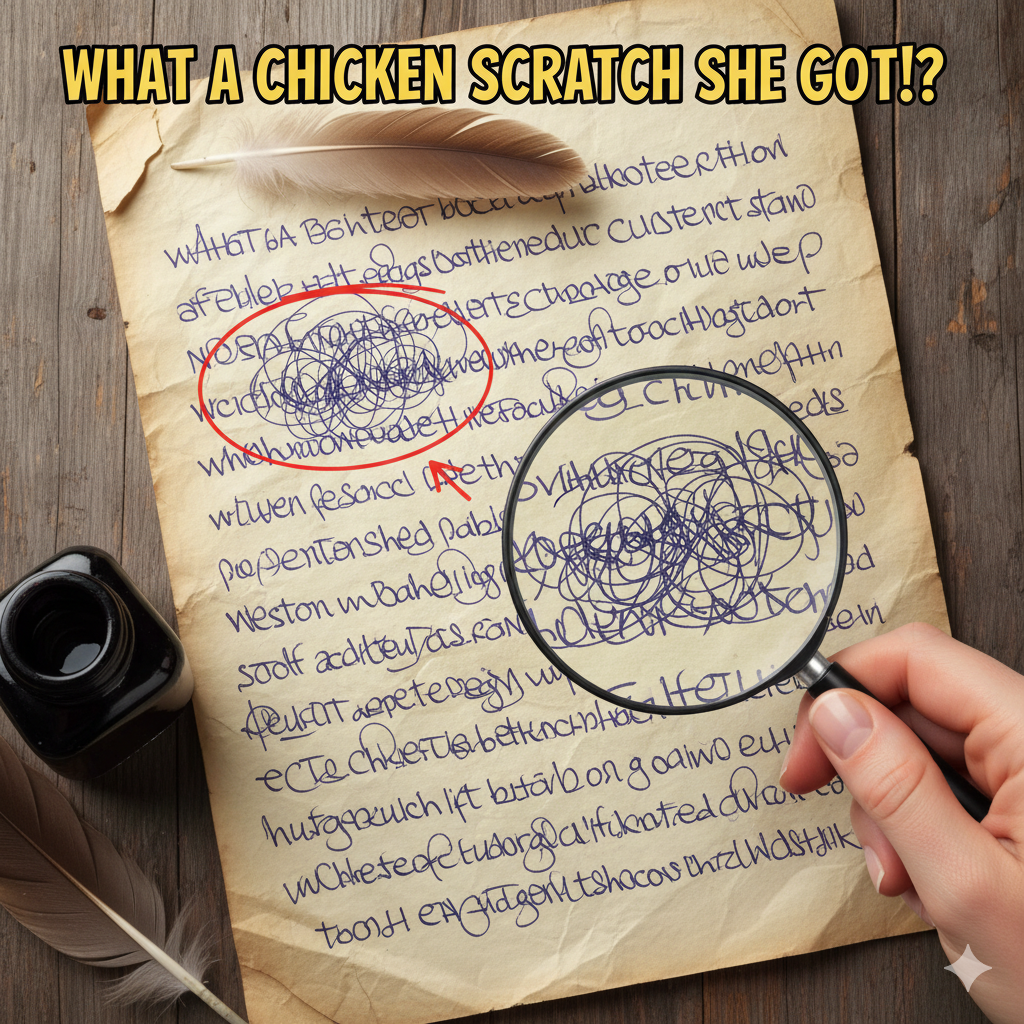
YOU DON’T NEED TO SHOW ME OUT.
Não precisa me acompanhar até a porta.
WE’VE RUN OUT OF PETROL.
Estamos sem gasolina.
WHAT A CHICKEN SCRATCH SHE GOT!
Que garrancho que ela tem.
HE’S ON CLOUD NINE.
Ele está nas nuvens.
I’VE READ THE ARTICLE, WHICH I TAKE WITH A GRAIN OF SALT.
Não confiei muito no artigo que eu li.
SHE WAS BACK TO SQUARE-ONE.
Ela voltou a estaca zero.
keep digging—you’ll find more insights below.
YOU DON’T NEED TO SHOW ME OUT.
The expression “You don’t need to show me out” is something you say when you’re leaving someone’s home, office, or room, and you want to tell them that they don’t have to accompany you to the door — you can find your own way out.
💬 Meaning
- Literal: You don’t have to walk with me to the exit.
- Polite sense: It’s a courteous way of saying “I can leave by myself.”
- Context: Common in homes, workplaces, or meetings when you don’t want to trouble the host or person you were visiting.
🏠 Example situations and sentences
- At a friend’s house: Thanks for having me! You don’t need to show me out — I remember the way.
- At an office: It’s been great meeting you. You don’t have to show me out; I know the building well.
- After a class or appointment: No worries, you can stay seated. I’ll see myself out.
🔁 Similar expressions
- “I’ll see myself out.” → Very common and slightly more natural in English. “Thanks for your time, I’ll see myself out.”
- “Don’t bother to get up.” → Used when you don’t want someone to interrupt what they’re doing. “Don’t bother to get up — I’ll let myself out.”
WE’VE RUN OUT OF PETROL.
The sentence “We’ve run out of petrol” means we don’t have any petrol (gasoline) left — the tank is empty.
💬 Meaning
- run out of (something) = to use all of it so that none remains.
- “Petrol” is the British English word for “gas” or “gasoline” in American English.
So:
👉 We’ve run out of petrol. = We’ve used up all our fuel.
🗣️ Structure
run out of + noun
- run out of milk
- run out of money
- run out of time
- run out of ideas
Tense:
“We’ve run out” = We have run out (present perfect tense) → it means the situation just happened or still affects now.
🚘 Examples
- On a trip: Oh no, we’ve run out of petrol! We need to find a gas station.
- At home: I can’t make coffee — we’ve run out of sugar.
- At work: We’ve run out of printer paper. Can you order more?
- In a conversation: I’ve run out of ideas for dinner tonight. What should we cook?
🇺🇸 American English version:
“We’ve run out of gas.”
(same meaning, but Americans say gas instead of petrol)
WHAT A CHICKEN SCRATCH SHE GOT!
Nice one — this is a very colorful and informal expression! 🐔✍️
Let’s break it down:
💬 Expression: “What a chicken scratch she got!”
✅ Meaning:
It means her handwriting is very messy or hard to read — it looks like random lines or “scratches,” similar to what a chicken might make with its claws.
So, it’s not about chickens at all — it’s just a funny comparison!
🗣️ Example in context
- At school: “Can you read what she wrote?”
“Not really… what a chicken scratch she got!” - At work: “The doctor’s handwriting is impossible to read. Total chicken scratch!”
- At home: “Mom, your notes are all over the place. It’s chicken scratch!”
🧠 Synonyms / Similar expressions
- Illegible handwriting (formal)
- Messy handwriting
- Scrawl “He scrawled something on the paper — I could barely read it!”
💡 Fun fact
- Americans often say “It looks like chicken scratch” or “Her handwriting is chicken scratch.”
- British speakers might say “Her handwriting’s a spider’s web” or “It looks like a spider walked over the page.”
HE’S ON CLOUD NINE.
💬 Meaning:
“He’s on cloud nine” means he’s extremely happy or delighted — he feels like he’s floating high above the clouds.
It’s an idiom used to describe a state of great joy or happiness.
🗣️ Examples:
- After good news: He just got promoted at work — he’s on cloud nine!
- Romantic moment: Ever since she said yes to his proposal, he’s been on cloud nine.
- Achievement: When I passed my driving test, I was on cloud nine for days.
🌤️ Synonyms:
- He’s thrilled.
- He’s over the moon. (British English — same meaning)
- He’s walking on air.
- He’s ecstatic.
🧠 Origin:
The phrase probably comes from the idea of being high up in the clouds, far above everyday worries. “Cloud nine” was thought to be the highest or fluffiest cloud in old weather classifications.
I’VE READ THE ARTICLE, WHICH I TAKE WITH A GRAIN OF SALT.
💬 Expression: “take something with a grain of salt”
✅ Meaning:
To be skeptical about what you hear or read — not to believe it completely.
When you say you “take something with a grain of salt,” you mean you think it might not be entirely true, accurate, or reliable.
🧠 Why “a grain of salt”?
The idea is that, just like a little salt makes food easier to swallow, a bit of doubt helps you “digest” questionable information — you don’t swallow it whole (literally or figuratively).
🗣️ Examples:
- I’ve read the article, which I take with a grain of salt — it sounds a bit exaggerated.
- You can take what he says with a grain of salt; he tends to overstate things.
- Online reviews are helpful, but I always take them with a grain of salt.
🔁 Similar expressions:
- I don’t buy it.
- I’m a bit skeptical.
- That sounds fishy.
SHE WAS BACK TO SQUARE-ONE.
💬 Expression: “She was back to square one.”
✅ Meaning:
It means she had to start over from the beginning after making progress — usually because something went wrong or failed.
It’s often used when effort or work is lost, and you have to restart a process.
🧠 Origin:
This phrase probably comes from board games or old radio sports commentaries, where “square one” was the starting point.
So being back to square one = back to where you started.
🗣️ Examples:
- After a failed project: The computer crashed and deleted everything. She’s back to square one now.
- In relationships: After breaking up, she felt like she was back to square one emotionally.
- In studies: He failed the exam and had to start studying from scratch — back to square one!
🔁 Similar expressions:
- Start from scratch
- Begin again
- Go back to the drawing board


